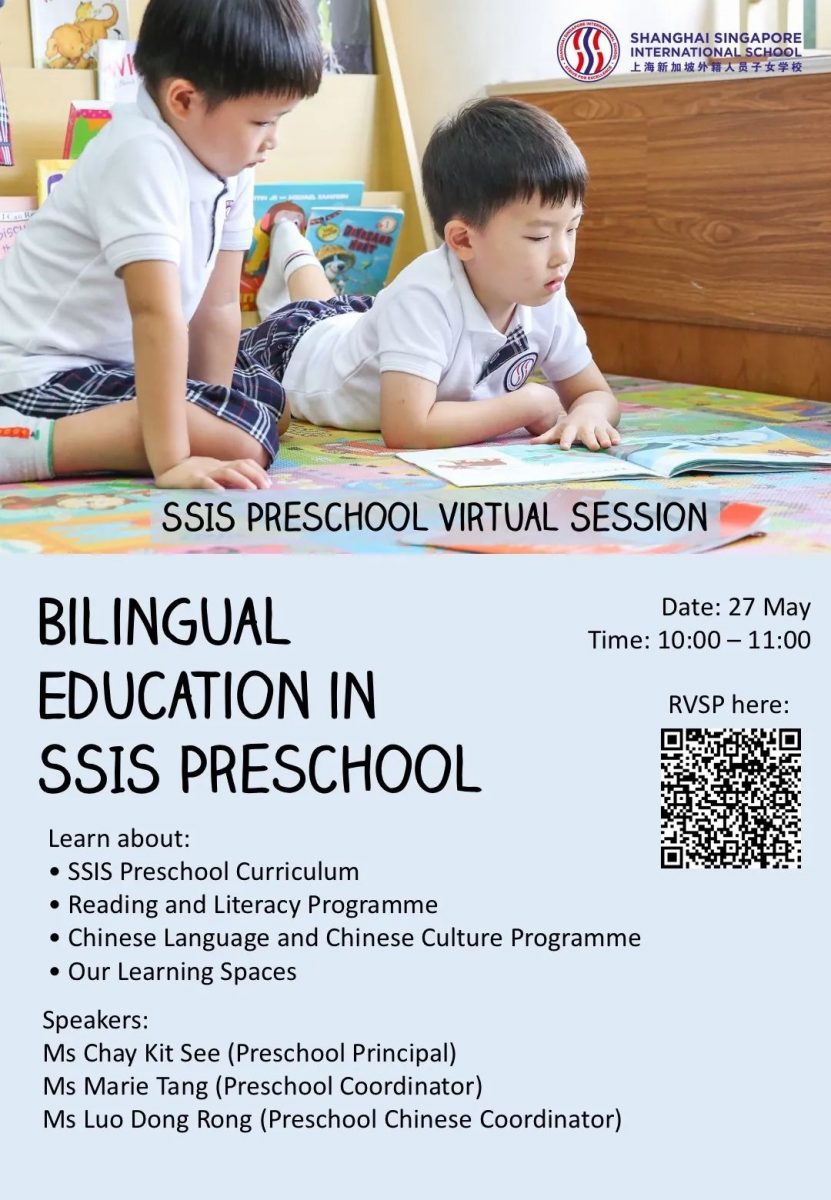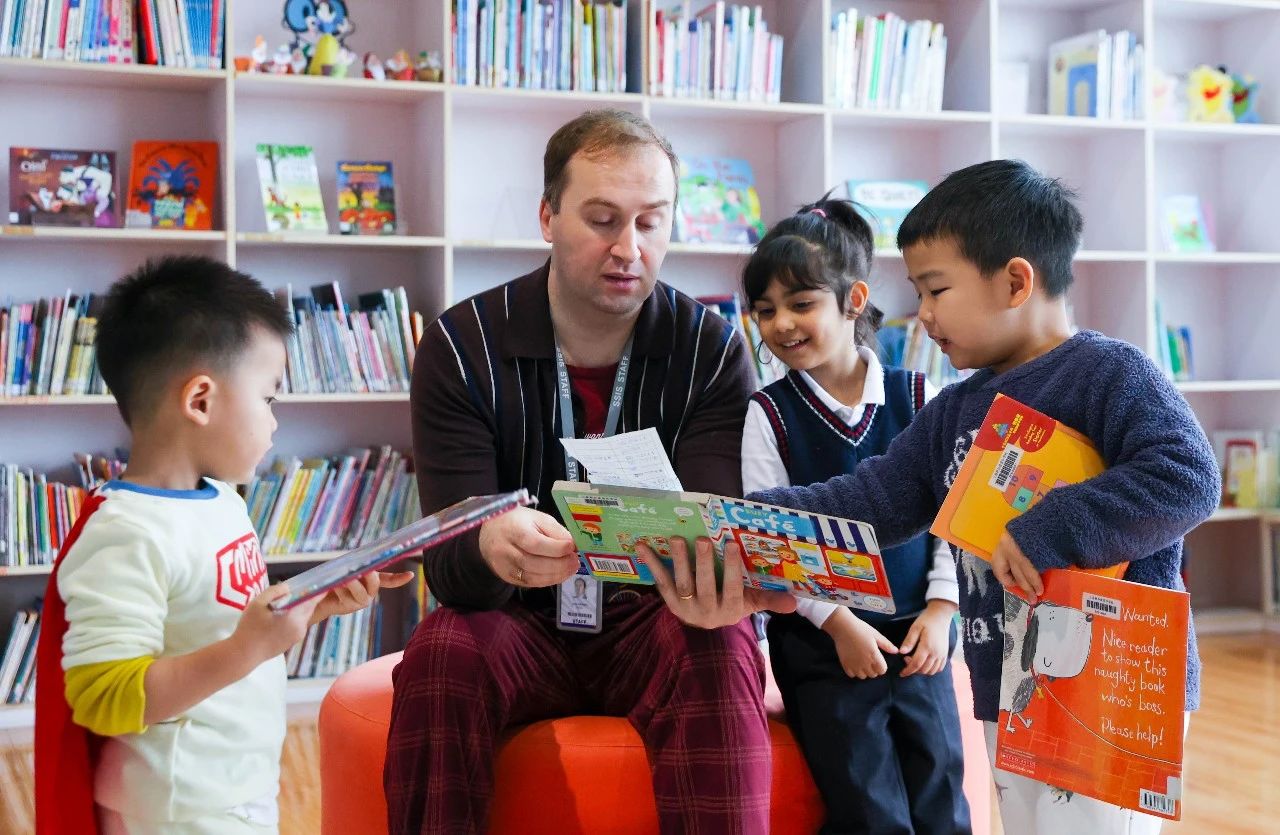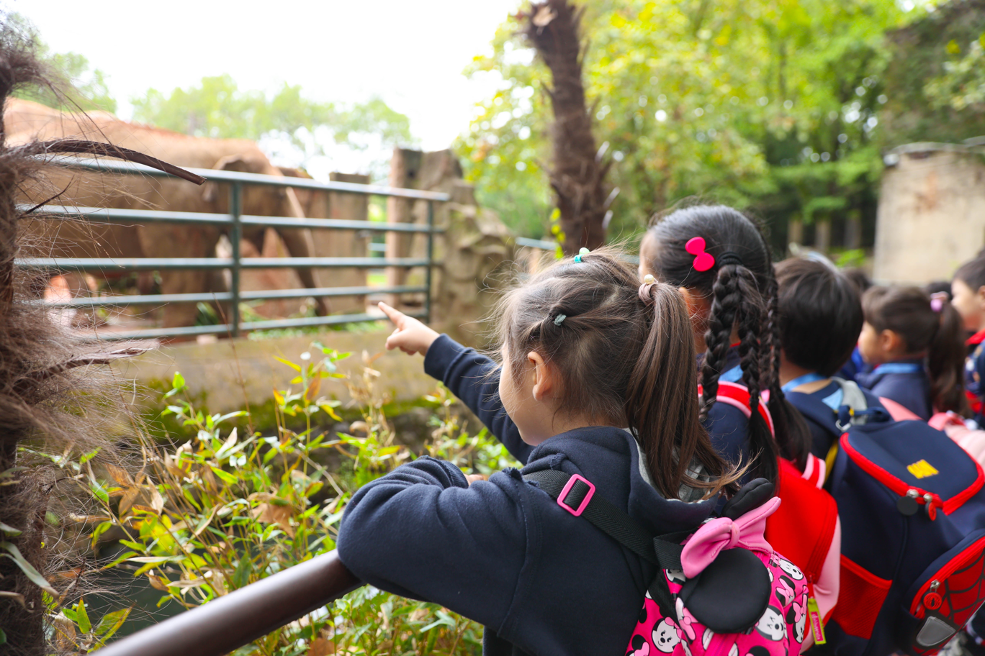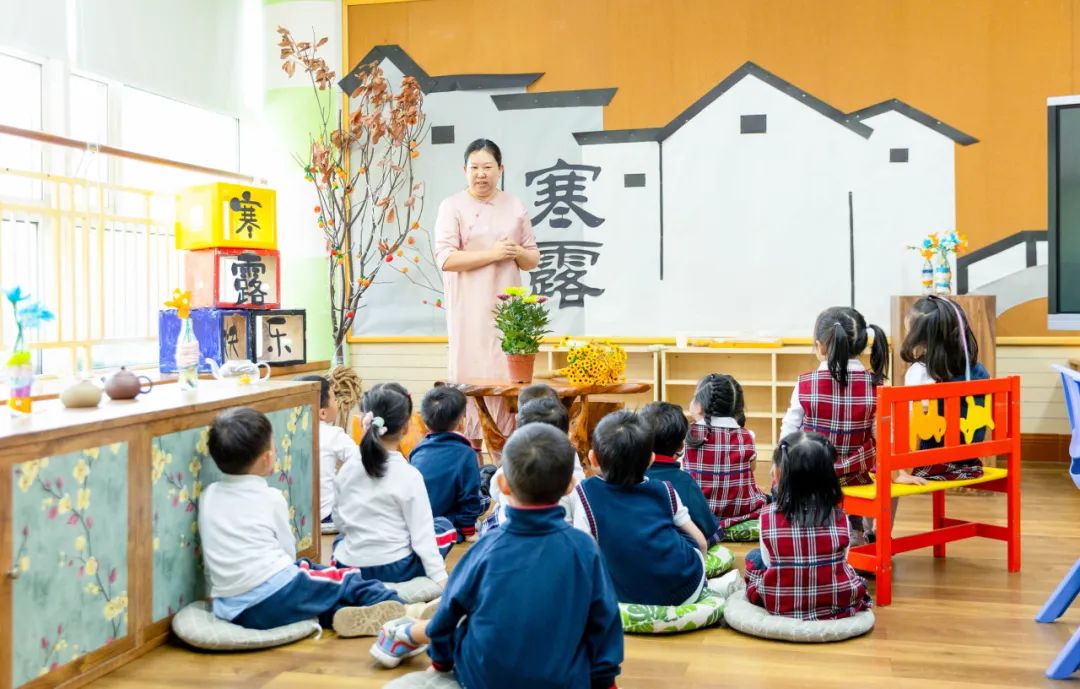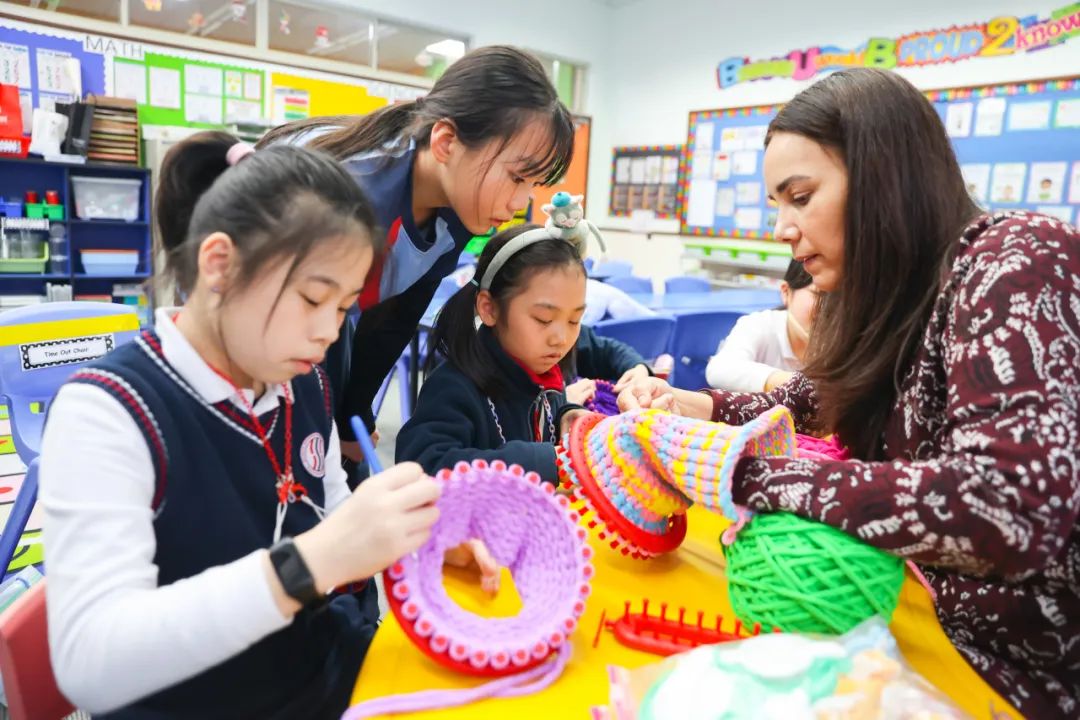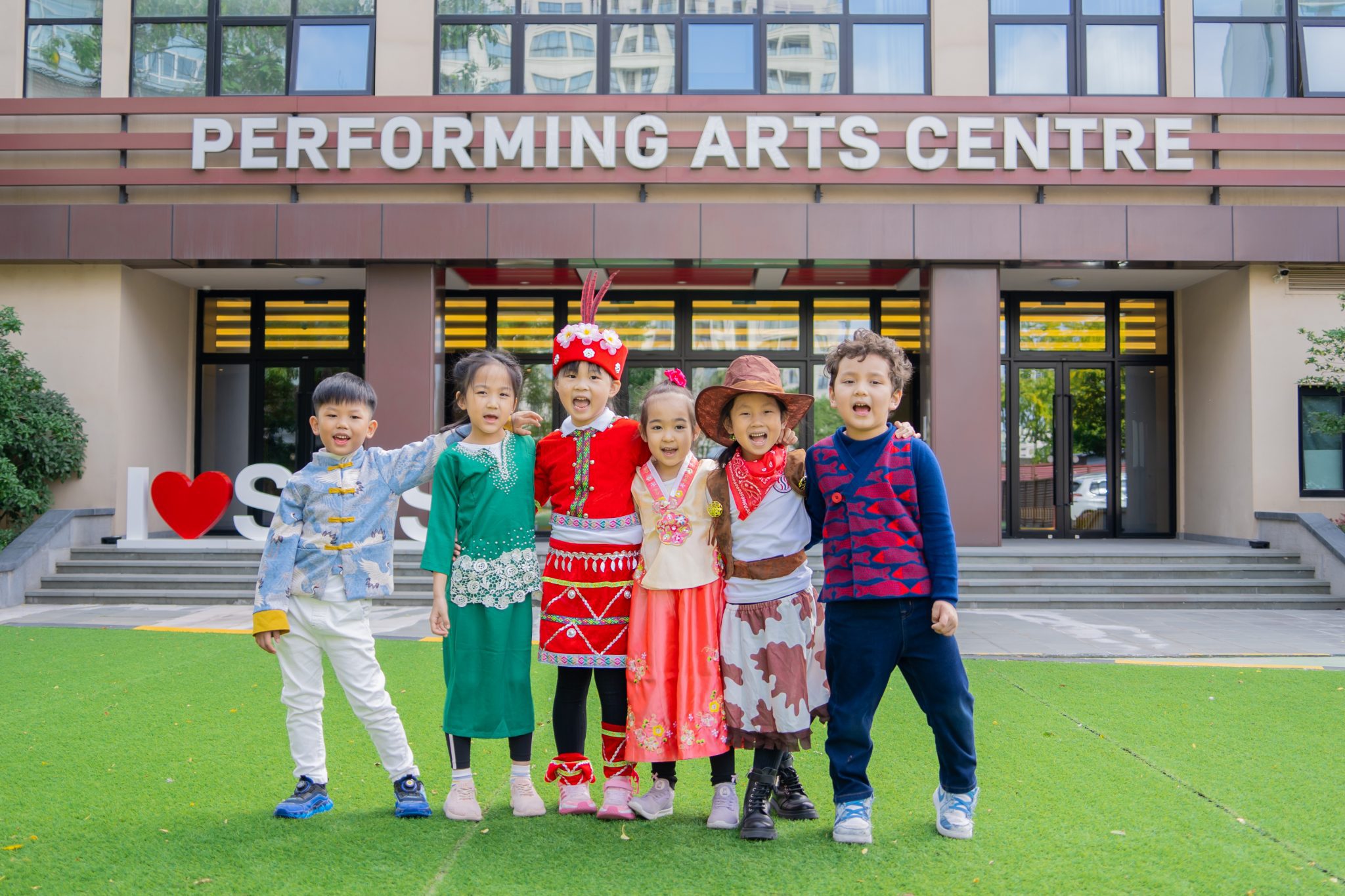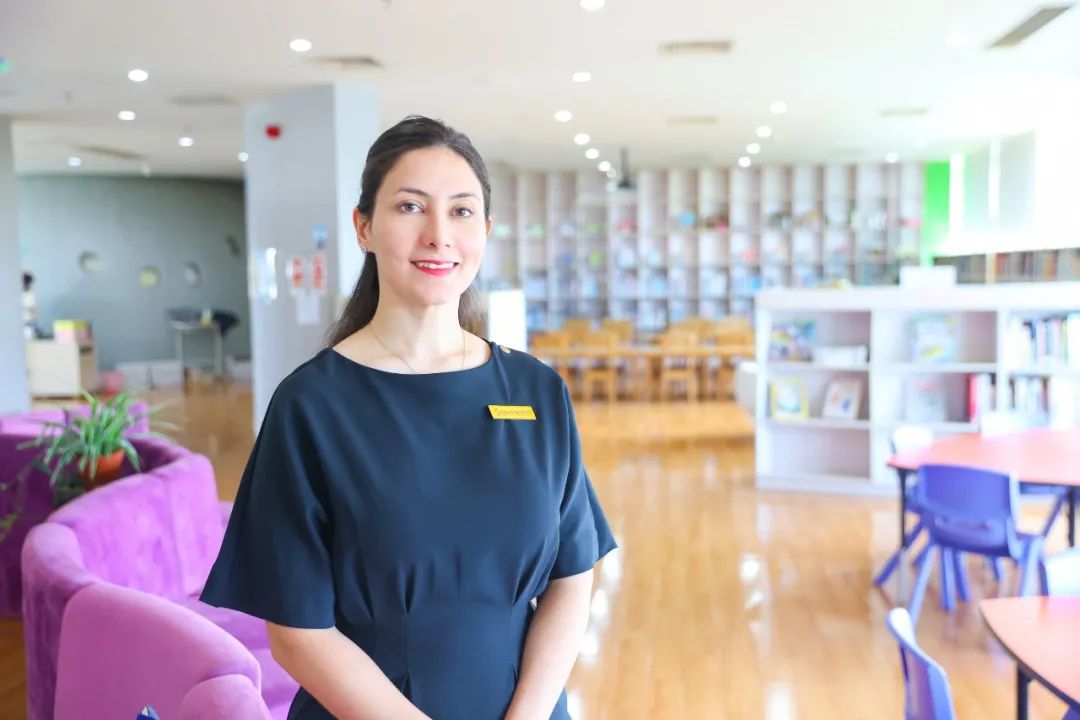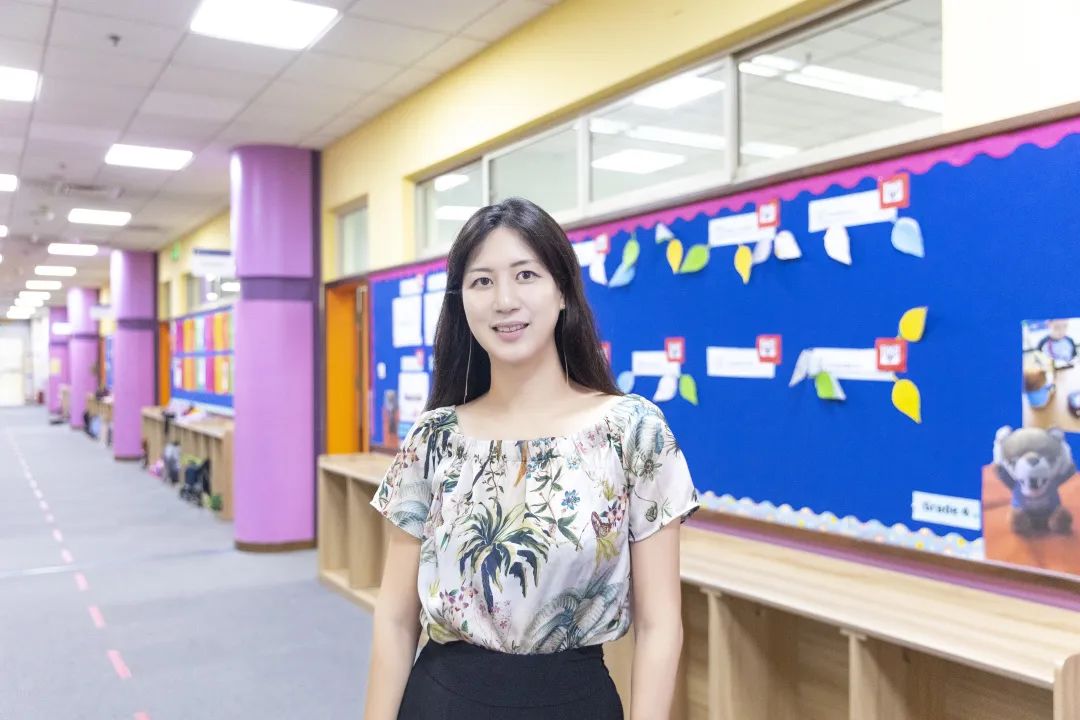In SSIS Preschool, we place a high value on building a foundation and a love for reading. Research has shown that children’s brains are only 25 per cent developed at birth. From then on, whenever a baby is fed, cuddled, played with, spoken, sung or read to, the other 75 per cent of its brain begins to develop. Therefore, it is essential to cultivate emergent literacy at a very young age.
But how do we do that? We spoke to Ms Marie TANG, Preschool Coordinator and Ms Courtney CESARANO, Preschool Literacy Specialist Teacher, to find out about literacy from young and how parents can help to foster the love for reading in their child.
Emergent Literacy
So, what is emergent literacy? Emergent literacy begins in infancy as a parent lifts a baby, looks into her eyes, and speaks softly to her. It describes the gradual, ongoing process of learning to understand and use language that begins at birth and continues through the early childhood years (i.e., through age eight).

Most children who are surrounded by spoken language from birth are fluent, without conscious effort, by the time they are three years old, regardless of their level of intelligence. While they are gaining listening and speaking skills, young children are also learning reading and writing.
Literacy Begins at Home
Reading aloud to children early in life develops their speaking skills rapidly. They don’t learn to speak—they can’t learn to speak—unless they’re spoken to.
Experts tell us that children need to have a thousand stories read aloud to them before they can begin to learn to read for themselves. A thousand stories may seem daunting, but that’s only three stories per day—an attainable target if both the school teachers and parents aim for it.

Literacy starts at home way before school age. (Note: Television ≠ Reading. Television doesn’t talk to children, it talks at them, and children can’t talk back—and talking back is what learning a language is about.) Your child’s literacy journey begins at home with you reading to them. Reading books for enjoyment and talking about them together provides an invaluable foundation for your child’s education.
Teaching the Love of Reading
Can you send your child for English training or phonics class? Yes, you can, but learning to read words is not the same as reading for enjoyment and comprehension. To illustrate this point, please read the following passage:
“The continued existence of art as a coherent concept serves to protect the semiological discourse from the difficult problematic posed by the aesthetic. The semiological inability to deal with this aesthetic is paradoxical, due to its reliance on the preservation of the value-determined subcategory of art.”
As you can see, just because you can read (decode) the words in this passage, it does not mean you can decipher its meaning. Unless you are an art curator, the text won’t make much sense to you. Simply put, phonics is a tool that assists in literacy but does not make you a reader. (Teaching children to run doesn’t make them lifelong sportspeople.) And it’s essential to encourage in them a love for reading, a habit which stays with them for life.


Marie TANG
Preschool Coordinator
In Preschool, we incorporate reading into every aspect of learning. From English Language learning to Science and Math, we turn to storybooks to engage children in grasping concepts of school and the world beyond. In addition to storytime with their teachers, books are a vital part of their Speech & Drama, and Music & Movement classes.
Suggestions for nurturing and building a positive home reading experience:
- Be a reading role model. We, as parents can play an influential role by merely modelling for our children what it looks like to be a person who loves reading.
- Read to your child. When parents read, children can listen and enjoy books that they wouldn’t be able to read yet.
- Try to set aside at least 10-15 minutes a day for reading.
- Consider the factors that set reading up for success in your home. For example: What time of day might work best for your child to do their home reading with you? Where do they most like to read, on the couch or in their bed?
- Practise reading books that are simple and easy for your child to repeat.
- Embrace repetition. Indulge and support your child’s love of specific stories. The best way for children to become fluent readers on their own is through practice, and repeating beloved stories is one way to encourage practice.
- Check your child’s understanding of the book. You can help your child by asking questions before, during and after reading. Creating a conversation helps to build your child’s vocabulary and oral language skills too.
- Don’t take away reading as a punishment. Make reading a part of daily routine (just like brushing the teeth); try to avoid using reading (or not reading) as a consequence.
A Love for the Library
We further cultivate a love of reading by having the children visit the library. Their interest is sparked when they explore books so that they’re always excited to see what story our librarian has chosen to read to them.

In literacy class, children learn phonics through playing games, which gives them the confidence and motivation to attempt new challenges. During small group guided reading, children have the opportunity to practise a variety of reading strategies (i.e. what to do when they come across a word they don’t know).

The literacy teacher also reads stories to the children and has them do fun activities related to each book read. Learning Centre time also gives our K2 children a place to express their love of reading by creating works of poetry, making mini books and engaging in dramatic play.


Courtney CESARANO
Preschool Literacy Specialist Teacher
Ultimately, the goal is to get students excited about reading. The more excited they are about reading now, the more likely they will become avid readers for life.
In short, literacy is more than just letters and phonics, what one may consider the “technical stuff”. Raising a lifelong reader starts with immersing your child in stories, connecting the text with their world, and simply spending time together with a book.
At SSIS, we want students to cultivate a lifelong habit for learning, and reading is one of the most significant ways to get anyone to explore and learn about the world around them.
